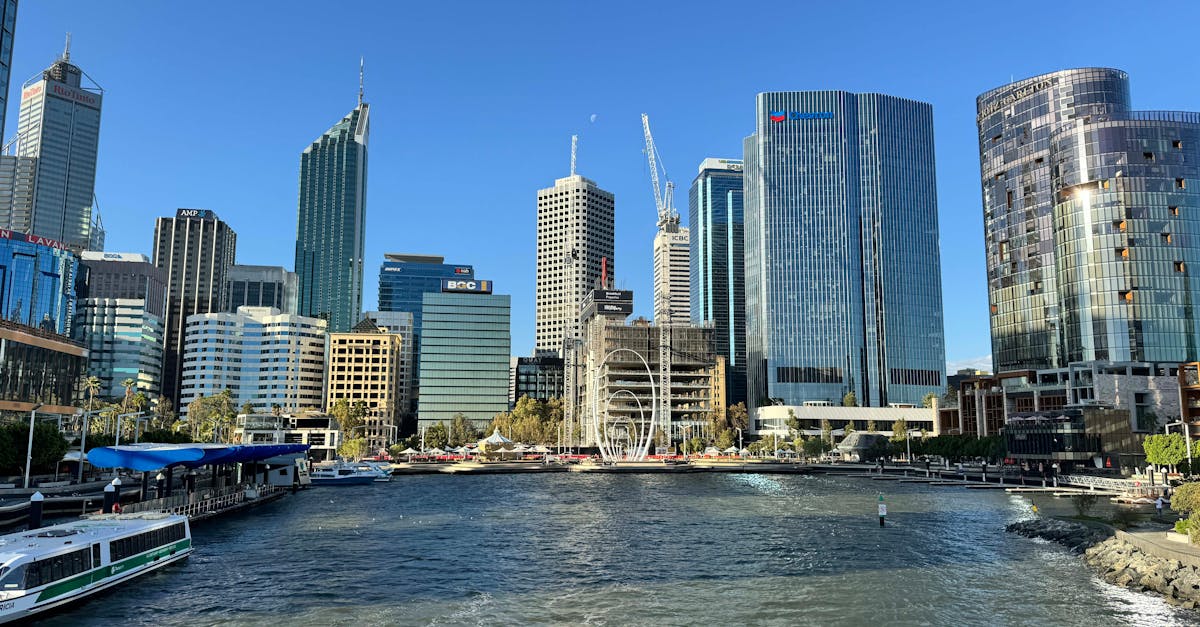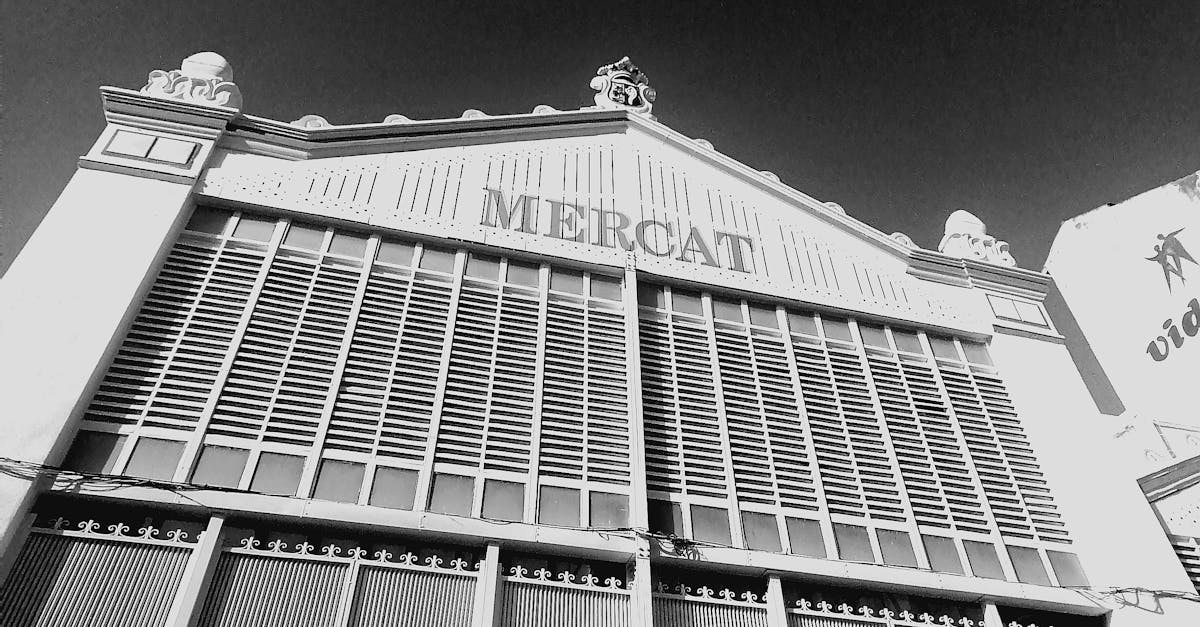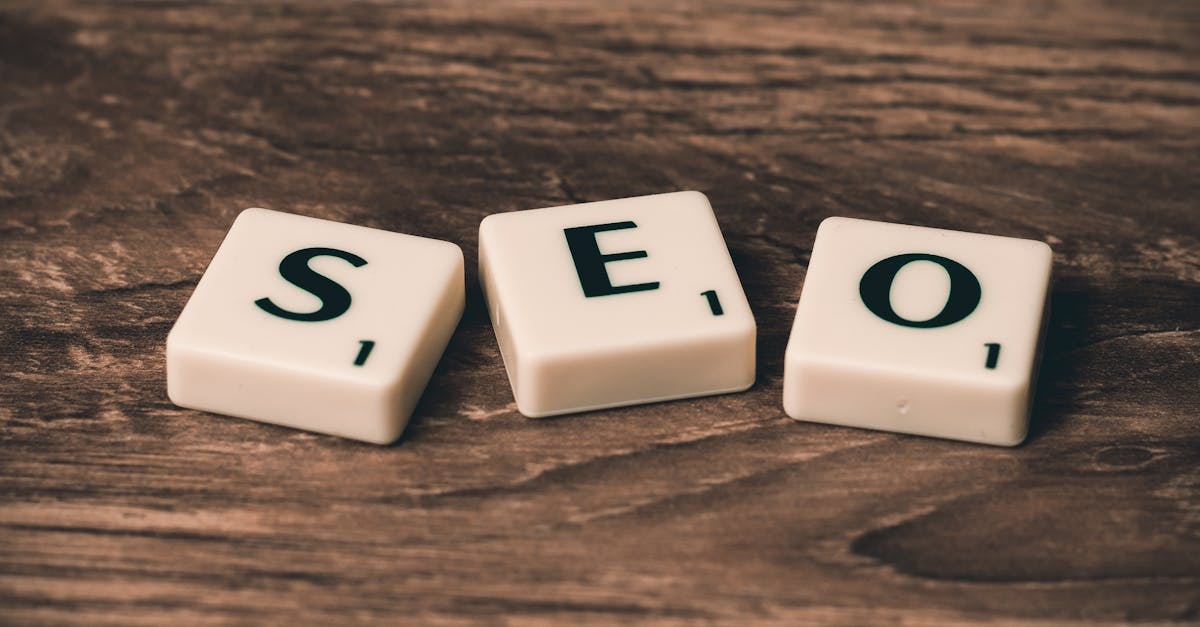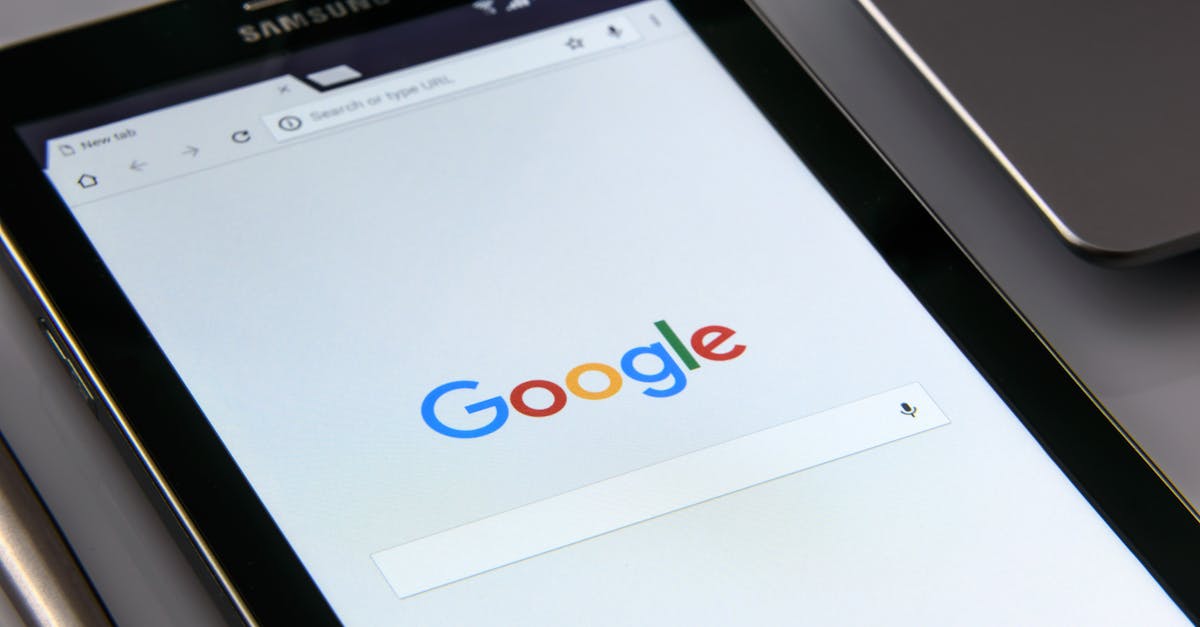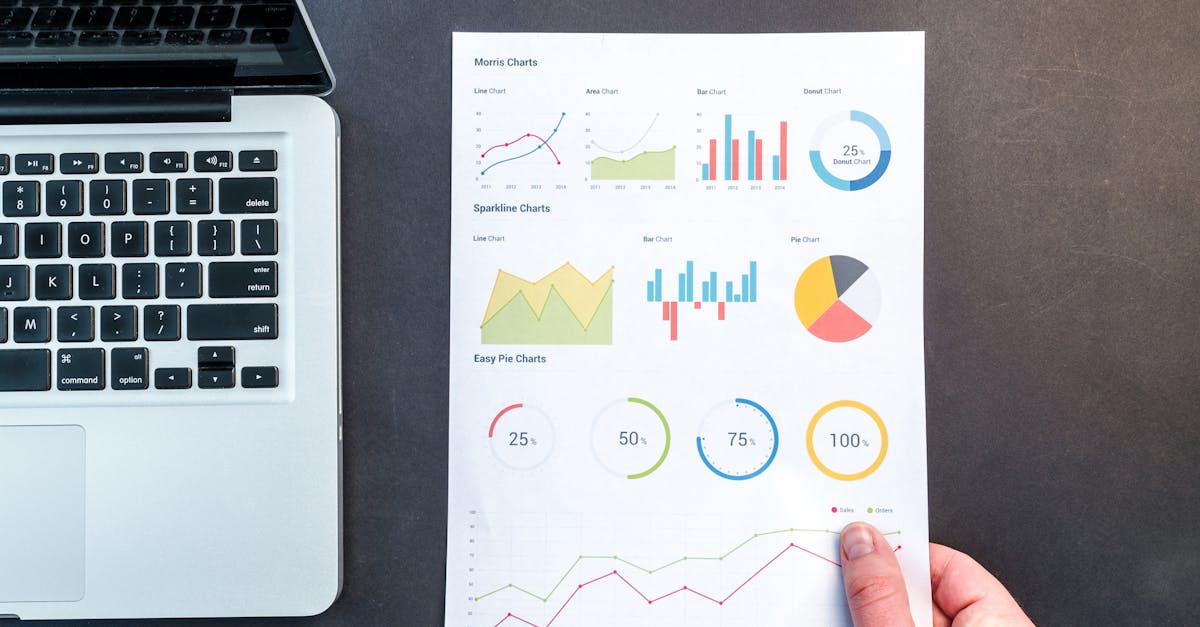
Table Of Contents
ClickThrough Rates and Engagement
Click-through rates (CTR) play a significant role in determining the effectiveness of online marketing strategies. In Pay-Per-Click (PPC) Advertising, the immediate visibility on search results can lead to higher CTR, as ads appear prominently at the top of the page. These ads often entice users with tailored messages, making them more likely to click through to a website. In contrast, search engine optimisation (SEO) typically requires time to build organic rankings, which can result in lower CTR initially, despite the potential for sustained traffic over the long term.
Engagement metrics further illustrate the differences in user interaction with PPC and organic content. PPC campaigns often allow for targeted audience segmentation, meaning ads can be displayed to users with specific interests. This targeting can enhance engagement, as the ads are more relevant to the viewer. On the other hand, while SEO aims to bring in organic traffic through valuable content, the level of engagement can vary significantly based on user intent and content alignment. A well-executed SEO strategy can foster deeper connections with users who are seeking information and solutions, leading to meaningful interactions.
Analyzing Performance Metrics for Both Approaches
When evaluating the effectiveness of marketing strategies, performance metrics play a crucial role. Pay-Per-Click (PPC) Advertising enables businesses to track specific data points such as click-through rates, conversion rates, and overall return on investment in real time. This level of detail allows marketers to quickly adjust campaigns based on performance, ensuring that budgets are allocated efficiently. In contrast, SEO relies on organic traffic which can take longer to measure and evaluate. Metrics such as organic traffic growth, keyword rankings, and site engagement are important but less immediate compared to PPC.
Both approaches offer unique insights into their effectiveness. With PPC, the immediacy of data allows for rapid testing and optimisation of ad content or targeting strategies. On the other hand, SEO benefits from comprehensive metrics that provide a broader picture of user behaviour over time. While PPC can yield quick results, SEO builds lasting value through sustained organic traffic. By analysing these performance metrics, businesses can make informed decisions about where to invest their marketing efforts for the best returns.
Flexibility and Control in Marketing Strategies
Flexibility in marketing strategies is a key advantage that Pay-Per-Click (PPC) Advertising offers to businesses. With PPC, advertisers have the ability to adjust their campaigns in real time. This means budgets can be modified instantly, targeting can be refined to reach specific demographics, and ad copies can be A/B tested for effectiveness. Such adaptability allows businesses to respond quickly to market fluctuations or changes in consumer behaviour, making it an attractive option for those looking to maximise their marketing efforts.
In contrast, organic strategies like SEO typically require a longer-term approach and involve a commitment to generating content and backlinks over time. The level of control in SEO is more restricted, as it relies heavily on search engine algorithms that can change without notice. Although solid organic rankings can provide sustained visibility, the unpredictability of these algorithms can make it challenging for businesses to implement immediate changes based on trends or performance data. This leads many companies to favour the agility that PPC offers when executing marketing strategies.
Customisation Options in PPC versus Organic Efforts
Pay-Per-Click (PPC) Advertising offers a high degree of customisation, allowing marketers to tailor their campaigns to specific demographics, keywords, and locations. This level of control means businesses can adjust their approach based on real-time data and trends, optimising ad performance to reach their target audience effectively. Advertisers can select bid strategies, ad formats, and scheduling options, providing them the flexibility to maximise engagement during peak times.
In contrast, organic SEO efforts depend on a more gradual and less flexible approach. While optimisation techniques can be personalised, the process is influenced by search algorithms and requires continuous content updates to enhance visibility. Businesses need to invest time in content creation and link-building strategies, which may take longer to yield results. The slower pace of organic growth necessitates persistence and consistency, making it less adaptable compared to the immediate response capabilities of PPC.
ROI Considerations for Businesses
When considering ROI, it’s essential to account for the different timelines associated with Pay-Per-Click (PPC) Advertising and search engine optimisation (SEO). PPC can deliver immediate results, allowing businesses to see traffic and conversions almost instantly after launching a campaign. This immediacy can be beneficial for companies looking to quickly boost their visibility during peak sales periods or when launching new products. However, the ongoing costs associated with PPC can accumulate, potentially impacting long-term profitability.
On the other hand, while SEO efforts may take longer to materialise, the investment often results in sustained organic traffic over time. This creates a compounding effect where the benefits of SEO can extend well beyond the initial outlay. Companies must weigh these timelines against their budget and marketing goals. Understanding the full scope of potential returns from both Pay-Per-Click (PPC) Advertising and organic strategies is vital for making informed decisions that align with overall business objectives.
Evaluating Returns from Paid Ads and Organic Traffic
When assessing the returns from paid ads and organic traffic, it’s crucial to understand the different investment levels involved. Pay-Per-Click (PPC) Advertising offers immediate visibility, allowing businesses to rank prominently in search results almost instantly. This can lead to quick traffic boosts and potential sales, but it requires ongoing financial investment. In contrast, organic traffic takes time to cultivate through consistent efforts such as content creation and search engine optimisation. Though it may require a more prolonged commitment, the ongoing returns from well-optimised content can become substantial, often leading to a higher return on investment over time.
The effectiveness of each approach can also be evaluated through metrics such as cost per acquisition (CPA) and customer lifetime value (CLV). While Pay-Per-Click (PPC) Advertising provides clear data that enables businesses to track immediate performance, organic strategies can show significant returns once a steady flow of traffic is established. The advantage of PPC lies in its ability to target specific demographics and refine campaigns in real-time. However, organic traffic, once established, tends to offer lower ongoing costs and sustained traffic without continuous investment, potentially leading to a more profitable long-term strategy for many businesses.
FAQS
What is the main difference between pay-per-click (PPC) and search engine optimisation (SEO)?
The main difference is that PPC involves paying for traffic through ads on search engines, while SEO focuses on optimising your website to rank higher in organic search results without direct payments.
Which strategy typically delivers quicker results, PPC or SEO?
PPC usually delivers quicker results since ads can start generating traffic as soon as they are live, whereas SEO can take time to show significant improvements in rankings and traffic.
Is it possible to use both PPC and SEO together?
Yes, many businesses utilise a combined approach of PPC and SEO to maximise visibility, targeting different customer segments and leveraging both paid and organic traffic for better overall results.
How do the costs compare between PPC and SEO?
PPC involves ongoing costs for ad placements, which can vary based on competition and keywords, while SEO typically requires an initial investment in optimisation and ongoing costs for content creation and maintenance, making the long-term costs quite different.
Which approach is better for small businesses, PPC or SEO?
It depends on the business's goals and budget. PPC can provide immediate traffic, which may be beneficial for small businesses looking for quick returns, while SEO can be a more cost-effective long-term strategy if they can invest time in building their online presence.




